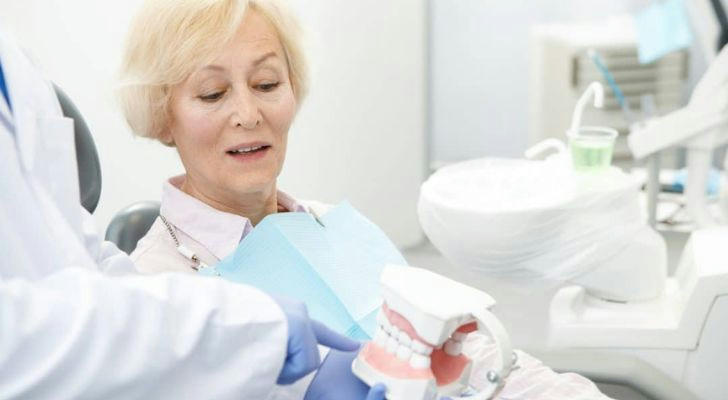Dental Implants for Seniors in the UK: 2025 Cost & Care Guide
This guide outlines the comfort and functional benefits of dental implants, a 2025 cost breakdown in the UK, treatment choices, step-by-step process, real savings experiences, strategies to reduce expenses, and available support for seniors.
Why Dental Implants Matter for Seniors

Dental implants are a reliable solution for tooth loss and have become increasingly popular among seniors in the UK. Compared with dentures or bridges, implants provide:
Comfort and stability: They feel natural and remove the discomfort linked to removable dentures.
Improved chewing ability: Secure implants make it easier to enjoy a wide range of foods.
Bone preservation: They stimulate the jawbone, slowing down bone loss.
Long-term investment: With proper care, implants can last decades, reducing the need for repeated treatments.
2025 Cost Guide for Dental Implants in the UK
The price of dental implants in the UK varies by location, dentist expertise, and case complexity. Average 2025 costs include:
Single implant (titanium post + crown): £2,000 – £2,900
Full arch replacement (All-on-4 or All-on-6): £13,000 – £20,000 per jaw
Bone grafting or sinus lift (if required): £1,000 – £2,500
Price Comparison – UK Dental Clinics (2025)
| Clinic Name | Location | Single Implant (£) | All-on-4 Full Arch (£) | Notable Features |
|---|---|---|---|---|
| Harley Street Dental Group | London | £2,500 – £2,900 | £16,000 – £20,000 | Premium private care, advanced technology |
| Bupa Dental Care | Nationwide | £2,200 – £2,800 | £14,000 – £18,000 | Accessible across the UK, flexible treatment plans |
| Manchester Dental Hospital | Manchester | £2,000 – £2,400 | £13,000 – £16,000 | NHS teaching hospital, reduced costs under supervision |
| Queen Mary University Dental Institute | London | £2,100 – £2,500 | £13,500 – £17,000 | University clinic, research-based expertise |
Note: Prices are based on 2025 estimates and can vary depending on patient needs.
Step-by-Step Treatment Process
Consultation and Imaging – Initial exam with X-rays or 3D scans
Treatment Planning – A tailored plan depending on bone condition and number of missing teeth
Implant Placement – Titanium post surgically inserted into the jawbone
Healing Period – 3–6 months for osseointegration (bone fusion)
Abutment & Crown Placement – Final restoration fitted, restoring smile and function
Real Senior Experiences – How Savings Are Achieved
Many UK seniors highlight strategies that help manage costs:
“Choosing a university dental hospital reduced the price significantly.”
“Scheduling multiple implants in one treatment lowered the per-tooth cost.”
“Private insurance covered part of related work such as extractions and crowns.”
Cost-Saving Strategies for Seniors
Compare multiple providers: Prices vary widely between London and regional cities.
Start with priority treatment: If costs are high, single implants may be completed before considering full arches.
Bundle procedures: Having multiple implants placed at once often reduces the overall bill.
Teaching hospitals: NHS teaching hospitals such as Manchester Dental Hospital or Queen Mary Dental Institute can provide reduced rates under expert supervision.
Dental Coverage and Support for UK Seniors
NHS coverage: The NHS provides basic dental services, but implants are generally not covered except in rare medical necessity cases.
Private dental insurance: Some policies reimburse parts of implant-related work, such as crowns or diagnostic procedures.
Payment arrangements: Many clinics allow staged treatment payments to help spread the cost.
Tax considerations: Certain medical expenses, including dental work, may be offset depending on personal tax circumstances.
Conclusion
Dental implants offer seniors in the UK a practical and long-term solution for tooth loss. They improve comfort, chewing ability, and overall quality of life. While costs are considerable, options such as comparing clinics, exploring university hospitals, and using insurance support can make treatment more manageable. In 2025, implants remain one of the most reliable investments in oral health for seniors.
